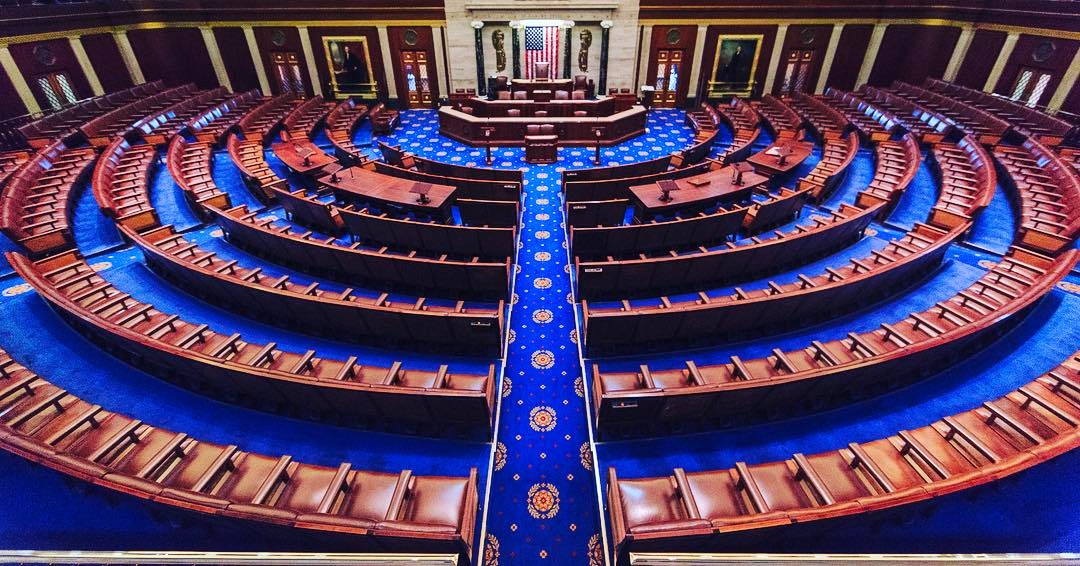Government surveillance bill withdrawn in U.S. House

- Country:
- United States
The House of Representatives on Thursday dropped consideration of legislation that would have extended U.S. surveillance tools, after President Donald Trump threatened a veto and his fellow Republicans withdrew their support. "The two-thirds of the Republican Party that voted for this bill in March have indicated they are going to vote against it now," Representative Steny Hoyer said in a statement on Thursday, after a vote on the measure was unexpectedly postponed late on Wednesday.
House Speaker Nancy Pelosi sent a letter to members of the Democratic caucus saying she intends to hold negotiations with the Senate on a possible compromise bill that could be passed and sent to Trump. The Justice Department said it opposed the bill - which was originally written by Attorney General William Barr and members of Congress - because it had been changed in ways that would make it more difficult "to identify and track terrorists and spies."
The president recently turned against the legislation, resurrecting assertions that his predecessor, Democratic President Barack Obama, had improperly conducted surveillance on his 2016 campaign. The parts of the Foreign Intelligence Surveillance Act (FISA) that would have been renewed cover approval of warrants for business information, allow surveillance without establishing that a subject is acting on behalf of an extremist group - the so-called "lone wolf" provision - and allow continued eavesdropping on a subject who has changed their cellular provider.
They expired in March. U.S. intelligence agencies and other backers of the measures say they are essential for fighting militant extremism and tracking foreign spies. But they are opposed by privacy hawks, both progressive Democrats and libertarian-leaning Republicans, who say they do too little to protect Americans' civil liberties.
Trump thanked Republicans on Twitter for their "incredibly important blockage" of the legislation.
(This story has not been edited by Devdiscourse staff and is auto-generated from a syndicated feed.)
ALSO READ
BJP's '400 paar' claim creating doubts among people about democratic process, EVMs: Kanhaiya
Joe Biden wins the Democratic presidential caucuses in Wyoming, reports AP.
Arizona Republicans blocking Democratic attempt to repeal 1864 abortion ban
Laws are passed in new India bypassing democratic process and enforced upon people: Priyanka Gandhi.
India failing to harness potential of democratic dividend: Raghuram Rajan










